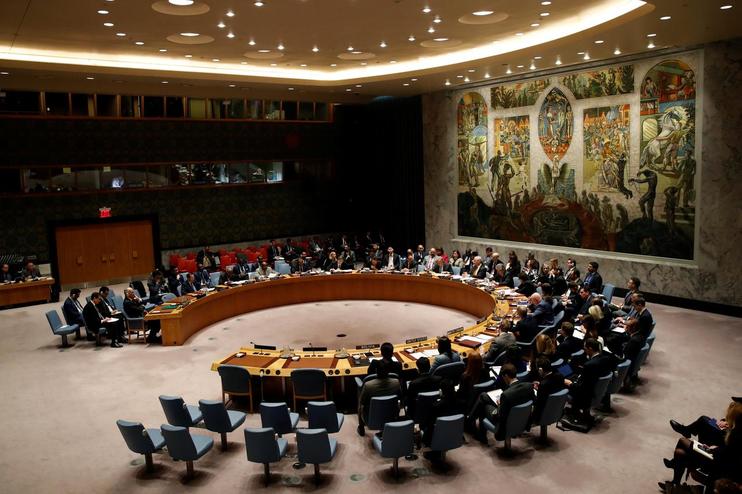×
The Standard e-Paper
Join Thousands Daily

Just two days before the United Nations members vote for new non- permanent members of the powerful Security Council, Kenya remains hopeful to clinch the seat.
The UN Security Council is mandated with maintaining international peace and security, a position that has 188 member states fighting for after every two years.